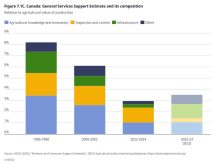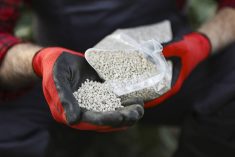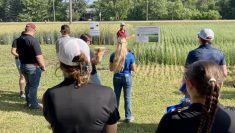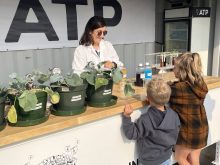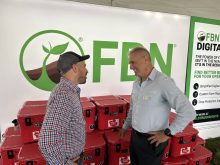Just four years after the facility was built, Federated Co-operatives Limited (FCL) has just completed an upgrade to its Brandon fertilizer terminal. The project increases storage capacity by 9,000 tonnes, or more than 30 per cent.
Plans for the $5-million upgrade (announced by FCL in a press release late last year) had come as a bit of a surprise. The facility was still relatively new, having been completed in 2017 — at the same time as another, similar facility in Hanley, Sask.
Why it matters: More capacity at FCL’s major terminal in Brandon will mean more crop nutrition products, flowing more easily both in Manitoba and our immediate neighbours in eastern Saskatchewan, according to the company.
Read Also
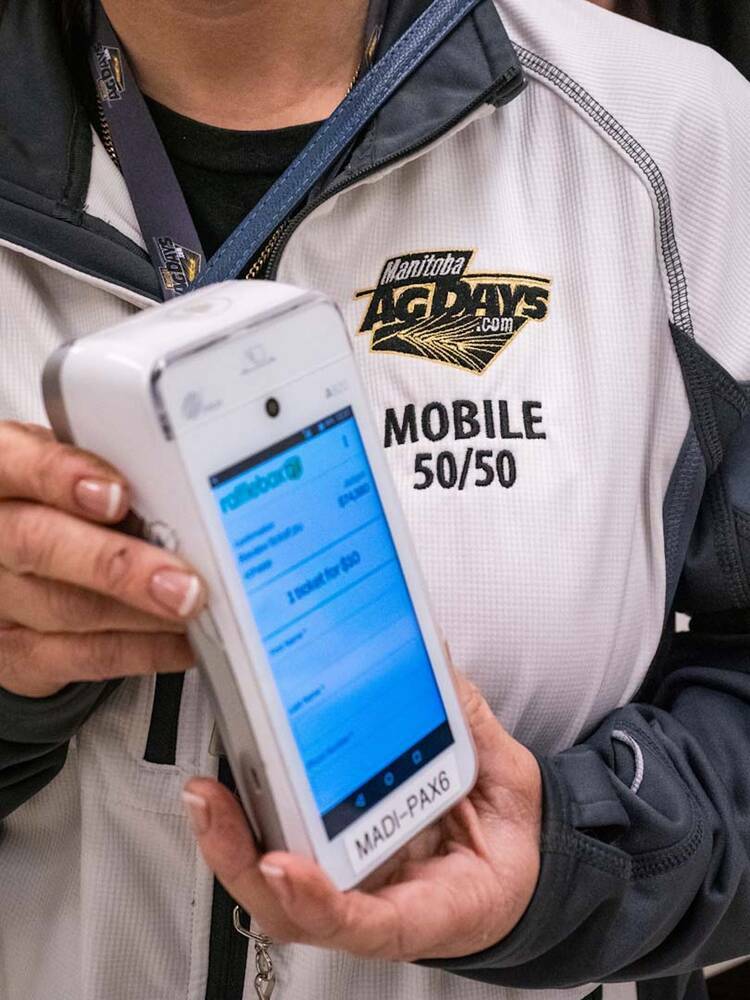
Ag Days Gives Back 2026 focuses on fire response
Manitoba Ag Days charitable program, Ag Days Gives Back, returns for 2026 with a new wave of rural community support in Manitoba and southeast Saskatchewan
The addition of those two terminals was part of FCL’s strategy to strengthen its hub-and-spoke distribution network. FCL was already providing feed, seed, crop protection and equipment. “Fertilizer was the one leg of the stool that we didn’t have,” FCL CEO Scott Banda said. “With centralized fertilizer distribution, the Co-operative Retailing System can provide producers with everything they need — including fuel, animal feed, crop inputs, grain-handling equipment and more — in a single stop, which makes us truly unique in Western Canada.”
The terminal in Hanley is spread over 96,000 square feet and has the capacity to store 45,000 tonnes of fertilizer. Brandon, meanwhile, was initially a 68,000-square-foot facility with the capacity to house 27,500 tonnes of fertilizer (now expanded to 36,500 tonnes). The announcement of the Brandon expansion also came on the heels of a third fertilizer terminal opening in Grassy Lake, Alta., a facility completed in October 2020.
With the Brandon expansion now complete, storage capacity between the three terminals has come up to 115,900 tonnes. In total, the flurry of infrastructure projects (including the construction of the three facilities and recent expansion) represent nearly $123 million invested into FCL’s fertilizer operations.
“Despite the challenging economic times we’re in, FCL continues to invest in Western Canada and build our communities,” said Patrick Bergermann, FCL’s associate vice-president of ag and home.
“Since we opened the terminal four years ago, customer demand has exceeded our expectations,” he added. “Growers and truckers alike have really appreciated the incredibly fast service at this terminal, which typically sees them safely loaded and back out on the road within 15 minutes.”
The expansion will allow the company to store more specialty products and “increase our offerings to local Co-ops so they can keep pace with grower needs for years to come,” Bergermann said.
The Brandon location warehouses, blends and distributes a long list of crop-nutrition products — including things like liquid micronutrients and nitrogen stabilizers — for locations servicing both Manitoba and eastern Saskatchewan.
“The big difference maker with this is, now we have seven storage bays. Before, we only had four,” Matt Conacher, senior manager of fertilizer for FCL, said. “It made it challenging to carry more products. Now that we have seven bays, we can offer a fuller suite of crop nutrient products.”
Prior to 2017, local Co-op retailers were buying directly from the manufacturer. While those retailers sometimes still go that route, FCL argues that the centralized system offers another option — and Conacher says the centralized model has been well received.
“Growers and our local Co-ops, have really appreciated how fast these terminals operate and having the certainty of supply available as well,” he said. “With how condensed spring seasons can get, it’s been a fantastic asset for communities to be able to rely on getting product quickly when they need it.”
Ultimately, the expansion at Brandon will allow for a more streamlined distribution process, according to the company.
“The Brandon terminal has helped us debottleneck the supply chain,” Conacher said. “It’s helped products move through quicker and provides more options. We think it is going to add a lot of value for our local Co-ops and to growers and we think it’s needed. We are really excited about it.”




